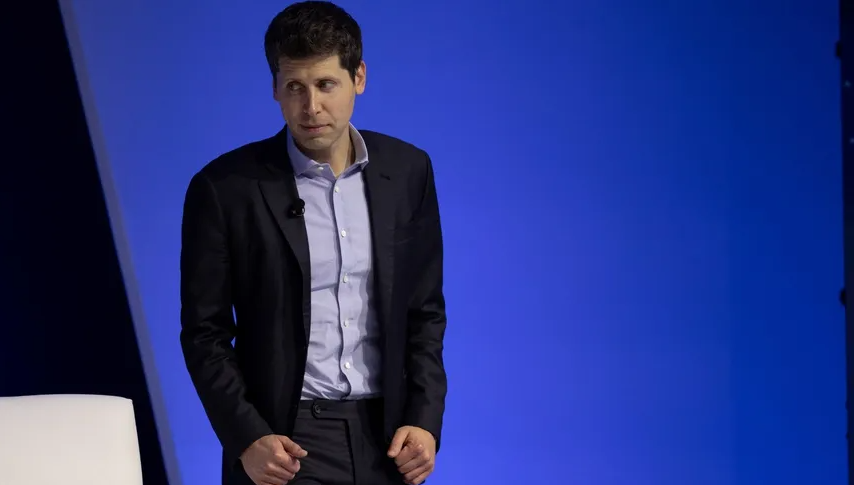
Recent reports shed light on the dismissal of Sam Altman, founder and former CEO of OpenAI, last month. The primary reason behind his departure was attributed to his unusual behavior within the company’s work environment, which some employees found psychologically distressing, leading to a significant discomfort among the board members.
Sources from Bloomberg and The Washington Post revealed that Altman implemented a divisive management style, intentionally fostering discord among employees. Many staff members were negatively affected by this approach, prompting several complaints to the board. However, a prevalent fear of retaliation from Altman, evident in previous instances where he publicly criticized dissenting voices, hindered more open opposition.
Altman was also known for his manipulation of facts and spreading of false narratives to serve his personal interests. This wasn’t limited to his interactions with employees but extended to dealings with the board. He reportedly used these tactics to orchestrate the removal of Helen Toner, a former board member.
Bloomberg’s report highlighted an October clash between Altman and Toner after she published a research paper discussing safety practices at Anthropic, a notable OpenAI competitor. Toner commended Anthropic’s approach, stating that they successfully avoided entering a heated competition triggered by ChatGPT’s launch.
Altman cautioned the board about the potential impact of Toner’s research paper on OpenAI’s reputation, especially considering the ongoing scrutiny by the Federal Trade Commission. Altman was adamant about removing Toner from the board and, according to Bloomberg, even falsely attributed a statement advocating Toner’s removal to Tasha McCauley, a former OpenAI board member and research manager at Rand Corp.
This misinformation formed the basis for the board’s decision and highlighted Altman’s deceptive tactics. Altman’s return to his managerial position, coupled with the removal of Toner and McCauley from the board, sparked a response from current managers in Altman’s team. They demanded his reinstatement and questioned the legality of the board’s decision, labeling it a “coup.”
It’s crucial to note that Altman’s reinstatement would represent a substantial financial gain for current employees. Altman’s return could be their opportunity for a significant return on their shares, given that he had granted employees the opportunity to sell shares at a valuation of up to $90 billion – over three times its value in April when it stood at $28 billion.
While some employees denied facing pressure to sign a petition for Altman’s reinstatement, it’s evident that former OpenAI employees have a strong incentive to do whatever it takes to bring Altman back, as his return could be their key to a substantial financial return on their shares in the company.
Leave a Reply